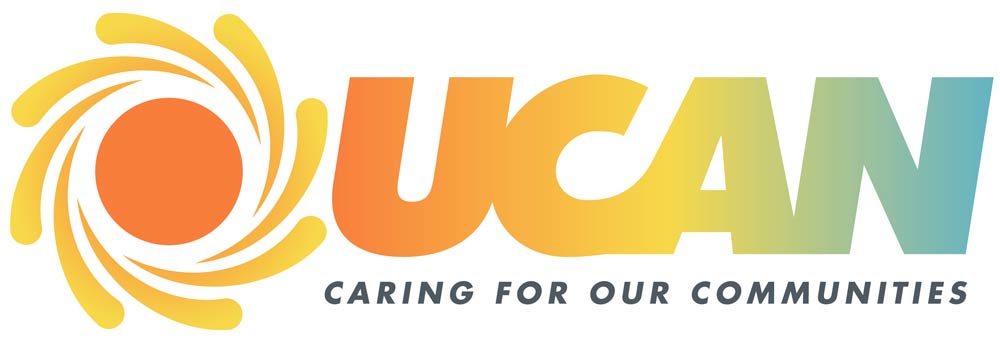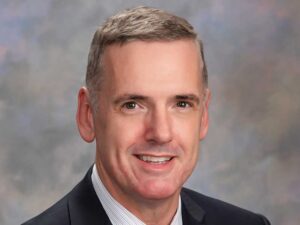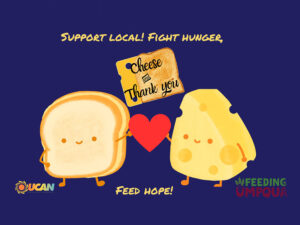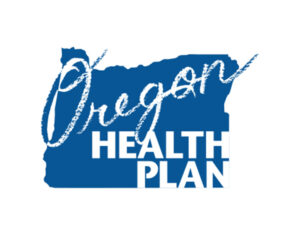This past year, CAPO received an award of $1.2 million from the US Department of Health and Human Services to pilot a diaper distribution program in Oregon. CAPO selected UCAN as a partner agency to offer the program in Douglas County. UCAN has developed a number of strategies to maximize the impact of this program locally.
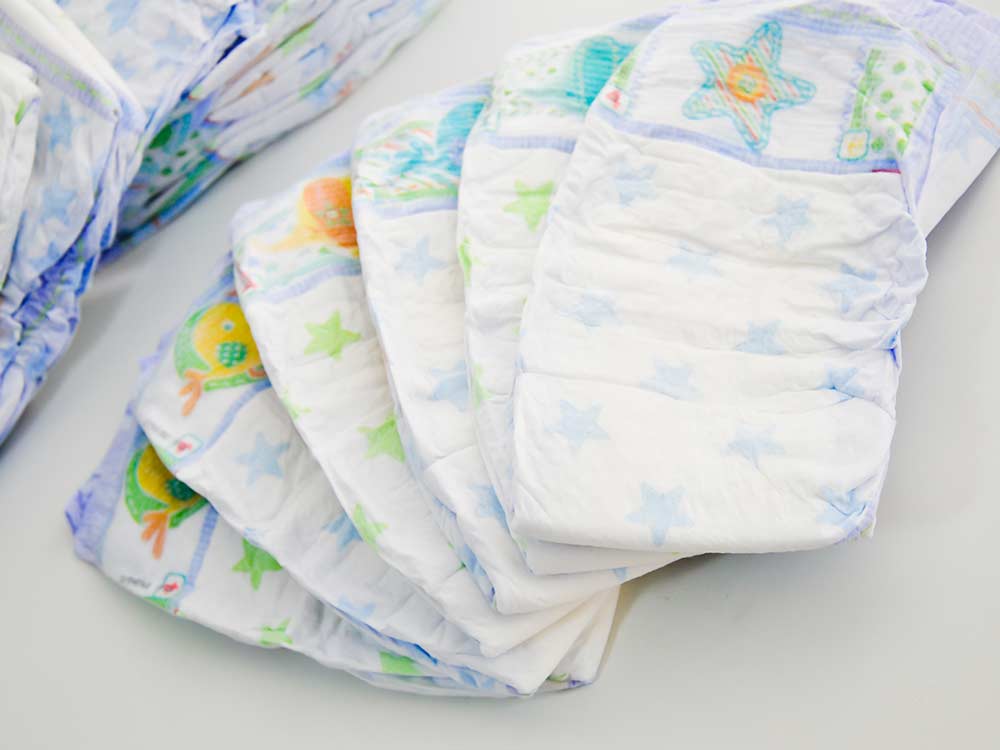
We used our Feeding Umpqua food warehouse to store large quantities of diapers and associated supplies. Feeding Umpqua partnered with our WIC program, which serves thousands of families with young children monthly, making diapers and wipes readily available to families. We established a Diaper Hotline (shared with most agencies serving young children), so families could easily find out when we had supplies available. And we allowed families not eligible for WIC to pick up supplies as long as they could attest that they lacked resources to obtain them on their own.
The response to our pilot program has been remarkable. UCAN has already provided diapers, wipes and cloth diapers over 1,500 times to about 750 Douglas County families. No other county has had such a positive response to its program.
You might think that only low-income families can’t afford diapers. This is simply not the case. In the United States, disposable diapers cost nearly $1,000 per year, per child, and nearly 1 in 2 families in the United States need diapers they struggle to pay for, according to a study by the National Diaper Bank Network. Colleen May-Weir, our Director of Health and Wellness, shares that “many moms have tearfully thanked staff upon learning they would get free diapers in addition to other WIC services.”
Diapers and wipes play a pivotal role in the health and well-being of babies and toddlers. Those who are forced to wear diapers without fresh changes risk developing diaper rash, urinary tract infection and disrupted sleep. Their parents can experience stress leading to post-partum depression and other mental illnesses. Moreover, a shortage of diapers often prevents children from going to childcare. This leaves parents unable to go to work or school.
We expect the current pilot to last through February. At that time, we will see whether CAPO receives funds for another year of diaper distribution. In the meantime, we are very grateful we’ve had the chance to meet such a fundamental need of local families.
